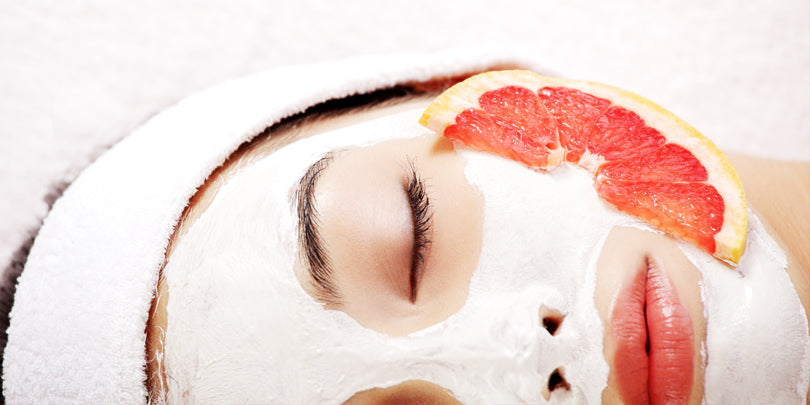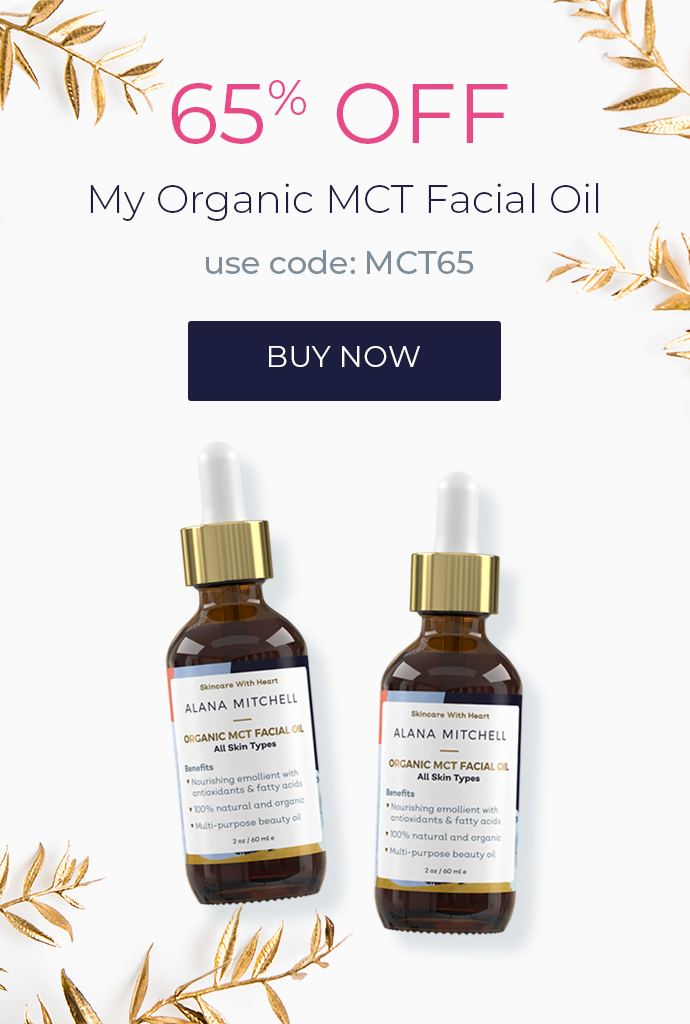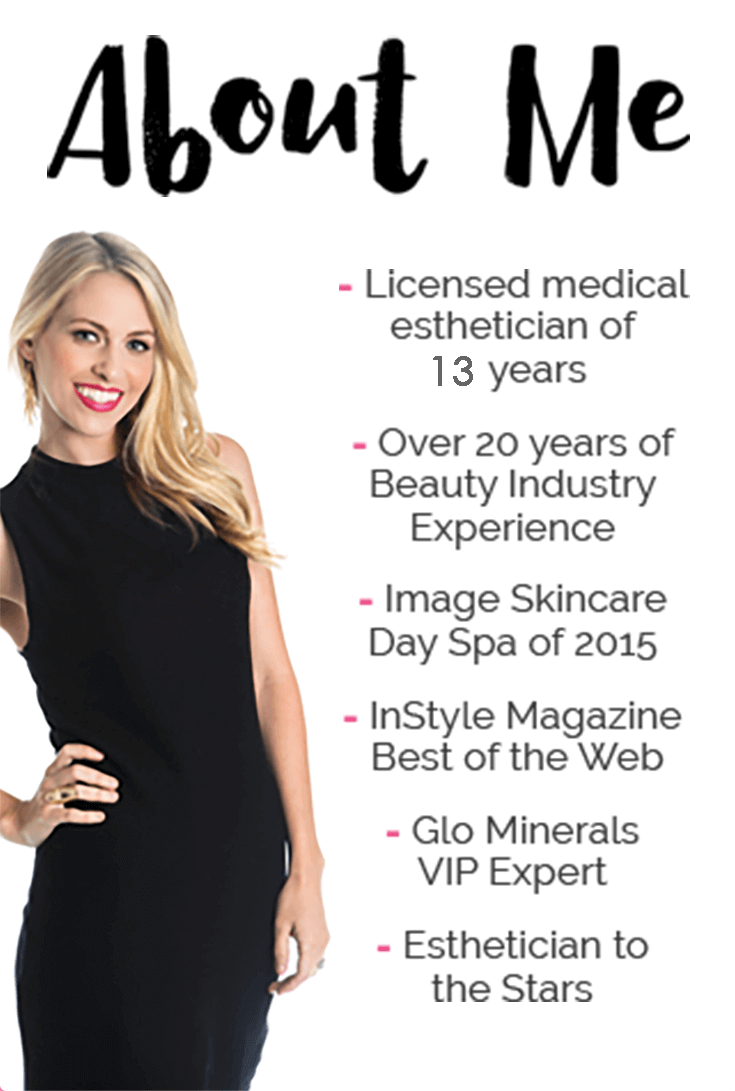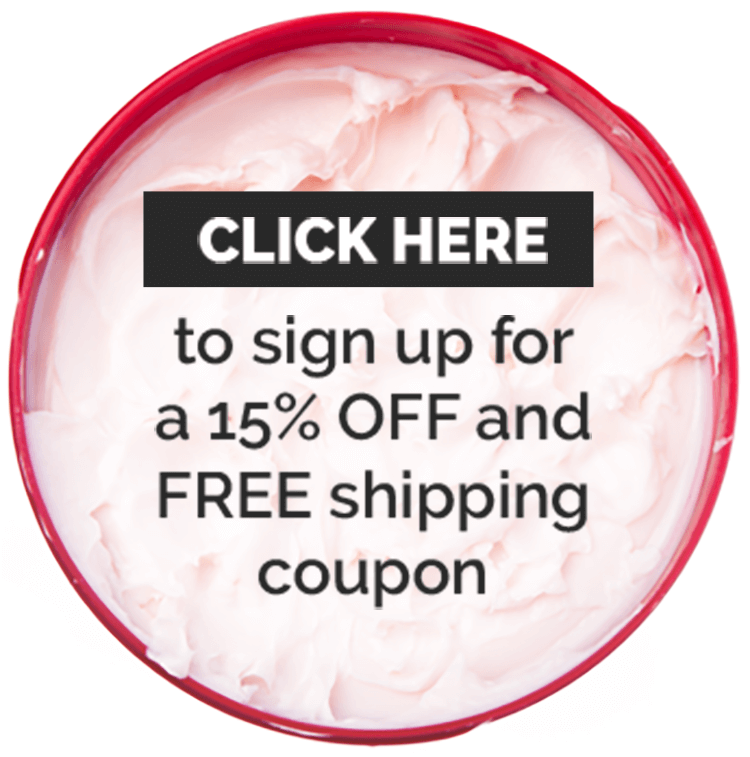What Should You Be Using In Your Skin Care Routine?
Take my quiz and get personalized recommendations from a
licensed esthetician!
So What Exactly IS Cellular Turnover?
If you are like me, you love researching the many benefits a skincare product has to offer. And if you are looking at anti-aging products, chances are you have come across the term "boosts cellular turnover". These three popular terms sounds wonderful on their own, but how many people can actually say they know exactly what cellular turnover is? Today I want to give you the inside scoop, and share some of my favorite tips for boosting cellular turnover.
Cellular Turnover: What Is It?

If you've written off the importance of cellular turnover, think again! This vital process describes the shedding of dead skin cells, and the replacement of those dead skin cells with younger skin cells. Basically, it is the key to radiant, glowing, younger-looking skin.
When it comes to cellular turnover, there is a bit of an inverse relationship. As we age, cellular turnover naturally slows down, meaning you will want to reach for products and carry out practices that boost turnover. And as our skin falls victim to irritation, free radical damage, and environmental stress, our cellular turnover can be effected, resulting in the signs of aging. Either way, if anti-aging is a priority for you, you will want to pay mind to products and practices that help to enhance cell turnover.
How Can You Boost Cellular Turnover?
Nourish From the Inside Out - one of the best ways to achieve healthy cellular turnover is to ensure that you are getting vital vitamins and nutrients. You can achieve this by eating a healthy diet, or by taking proper vitamins (per your doctor's instruction, of course). Vitamins A, B, C, E and K have all proven effective in repairing and protecting the skin. Also be sure to avoid or limit foods that are known to cause inflammation, such as dairy and sugar.
Don't Forget to Exfoliate - It may seem like I am always pushing this vital skincare step, but that is for good reason! Sloughing away dead skin cells, through both physical and chemical exfoliation, helps to rid the skin of dead skin cells, which (a) encourages the formation of new skin cells, and (b) allows your skincare products to better penetrate and nourish new skin cells. Even if you suffer from sensitive skin, there is an exfoliant out there for you! Simply consult your medical esthetician or dermatologist, and be sure to always do a spot test before going full-face with any new exfoliating product.
- Pro Tip 1: Do not, I repeat, do not over-exfoliate your skin. Many people love the initial benefits of exfoliating and decide that the more they do it, the better their skin will look. I can assure you that this is not the case, and that you may, in fact, cause unnecessary irritation. Always follow instructions on your product label, or ask your medical esthetician for appropriate modification.
- Pro Tip 2: Remember that there are a variety of products out there that will exfoliate your skin! You can look to cleansers that work to gently exfoliate (Rhonda Allison's Pumpkin Cleanser has been a long standing favorite of mine), a traditional exfoliating scrub, an exfoliating mask, or even an exfoliating serum (I'm looking at you, Mad Hippie Exfoliating Serum).
Ask Your Dermatologist or Medical Esthetician About Retinol - Though Retinol is not an ingredient you want to dive into on your own, it is one that your medical esthetician or dermatologist can assist you with. Retinol is very powerful, and amongst it's many benefits, it is known for boosting cellular turnover. Your skin type, needs, and sensitivity level will play a large role in how high a Retinol concentration you should use, and what types of products would work best for your skin.
Top Brands
New Brands

Recent Posts

Are You Taking the Right Steps to Care for Your Skin?
Take the Quiz
Skincare Secrets!
10-step guide for healthy, beautiful skin after kids.
100% privacy. I will never spam you!













